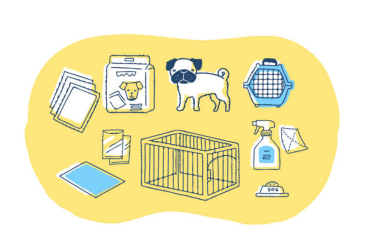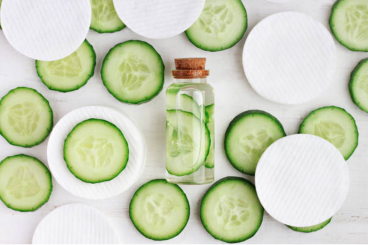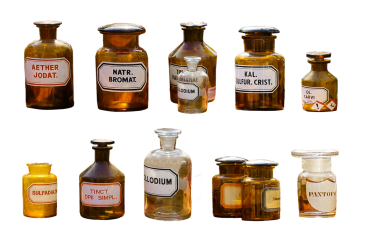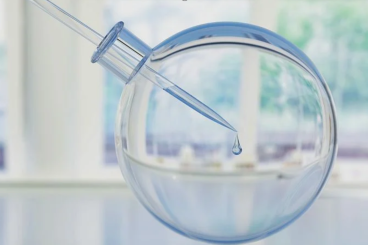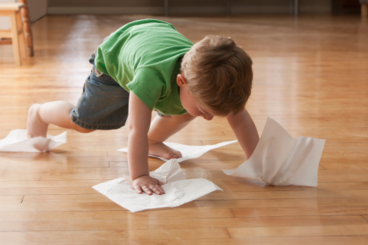Share: On the Challenges of Sustainability in the Wet Wipes
When it comes to the sustainability of wipes, consumers are increasingly concerned about single-use plastics and climate change. Manufacturers of wipes need to find sustainable solutions to avoid fines or regulatory burdens due to the classification of wipes products as "single-use plastics". Consumers value safety in addition to performance and convenience when purchasing wipes, and their perception of sustainability is closely related to their perception of safety. The demand for plastic-free wipes is expected to grow.
The following are the main plastic-free nonwoven substrates for wipes:
● Carded or wetlaid spunlace nonwovens, fibers that can be used Raw materials include: fluff pulp/pulp blends with lyocell or viscose,100% lyocell, cotton and bamboo.
● Hydrogen bond drylaid paper
● Drylaid paper/spunlace composite material
There are 3 ways to convince consumers that wipes, especially sustainable wipes, are safe:
First, it's safe for the skin. Consumers value things like "vegetable" derived additives in wipes, or substrates made from "natural" and "plant-based" fibers. These things both sound and feel safer on the skin than the unfamiliar chemicals in the wipe fluid and the plastic fibers in the wipe base.
Second, it is safe for the environment. Consumers don’t want to feel guilty about the environmental impact of using wipes that contain “irritating chemicals,” such as sanitizing wipes or plastic fibers, because of the negative associations with so-called single-use plastics.
Third, wipes can protect them and their families and surfaces from the coronavirus. The U.S. Environmental Protection Agency (EPA) regulates and publishes a "List N" of qualified companies and their products that can legally label their products as killing the new coronavirus on product packaging and advertising.
Why do we expect demand for alternatives to disposable plastic wipes to return to growth? This is largely due to the so-called "plastic pandemic" in many media reports and stories, a term that often refers to the global growth of PPE litter, especially masks, scattered in rivers, coasts and other marine environments, but The "plastics pandemic" also refers to the rapid growth in global petrochemicals and plastics production.
Concerns about a "plastic pandemic" also have long-term implications. Weak oil prices have pushed down the cost of virgin plastics and widened the price gap with recycled plastics, which remain stable. Demand for recycled materials fell sharply in the second quarter. Disappointingly, the problem is compounded by the fact that the volume of plastic recycling has decreased rather than increased amid a massive increase in plastic waste.
On the economic front, petrochemical producers plan to invest $400 billion over the next five years to expand capacity for petrochemicals used in plastic production. But at the same time, these companies also want to contribute to reducing global plastic waste. They know it's important to change the negative perception that plastic ends up being mismanaged waste. Twelve major petrochemical companies have joined the Alliance to End Plastic Waste, pledging a total of nearly $2 billion in funding.
The sustainable development of the wet wipes industry faces three major challenges:
First, there is a need to develop plastic-free substrates that meet the hygienic performance requirements of personal and institutional disinfectant wipes;
Second, addressing the problem of improperly flushing wipes requires achieving rapid, observable dispersion that allows consumers and government agencies to recognize that wipes are truly flushable.
Finally, many consumer products known as "single-use plastics," including wipes, must demonstrate sustainability throughout their product's life cycle in order to cope with the growth of reusable alternatives.


